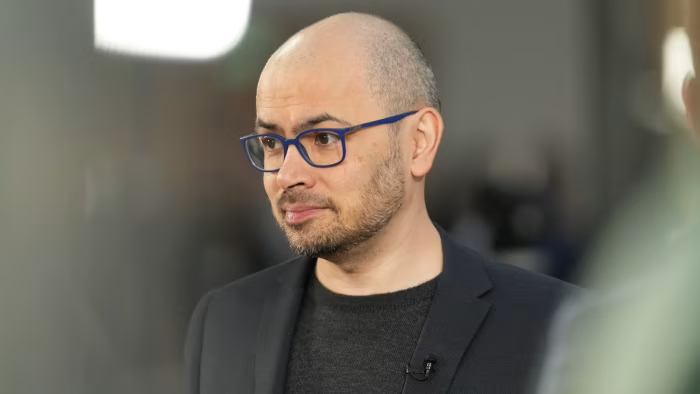Unlock the Editor’s Digest for free
Roula Khalaf, Editor of the FT, selects her favourite stories in this weekly newsletter.
Google DeepMind will establish its first “automated science laboratory” in the UK, as it signs a new partnership with the British government in a move designed to enhance the use of artificial intelligence across the country.
The US Big tech group’s AI unit, run by British Nobel laureate Sir Demis Hassabis, announced on Thursday that it would set up the new materials science lab in 2026.
The lab will focus on using AI tools to develop new materials for superconductors, solar cells and semiconductors. DeepMind will also provide local scientists with “priority access” to its scientific AI tools.
“We think that AI systems are now ready to bridge the gap between digital and actually discovering new materials,” said Pushmeet Kohli, DeepMind’s vice-president for science and strategic initiatives.
DeepMind also signed a memorandum of understanding with the UK as Sir Keir Starmer’s government seeks to boost use of AI in science, education, public services and national security.
The company, which was founded in London before being acquired by Google in 2014, has pledged to work more closely with the UK’s AI Security Institute (AISI) which evaluates and researches the safety of AI systems.
DeepMind will offer access to its models to AISI researchers to jointly develop techniques to monitor an AI system’s chain-of-thought reasoning process, where the model solves problems step-by-step. It will also work with AISI to understand the social and emotional effect of its models on users, as well as the economic impacts of AI adoption.
In return, the UK government will “explore” how teachers can use Google’s Gemini AI model for teaching England’s national curriculum. DeepMind will also offer technical expertise and access to its models to modernise public services.
“This partnership will make sure we harness developments in AI for public good so that everyone feels the benefits,” Starmer said.
“That means using AI to tackle everyday challenges like cutting energy bills thanks to cheaper, greener energy and making our public services more efficient so that taxpayers’ money is spent on what matters most to people.”
The UK has also sought deals with AI companies to attract new investment into the country. It signed a technology pact with the US government to boost advances in science and AI research in September.
AI models made by US-based Anthropic are being used to help citizens find UK government information. Meanwhile, Canada’s Cohere has pledged to also help the British public sector and defence industries use its technologies.
OpenAI has promised to “explore” developing research and development infrastructure in the UK, after setting up its first office outside the US in London two years ago.
Critics have argued that the UK is too close to Big Tech groups and should go further to regulate AI.
“We need to ask who is setting the agenda for the UK’s future with AI,” said Imogen Parker, associate director at the Ada Lovelace Institute, a research body.
“In the absence of independent regulation or scrutiny, we’re at the mercy of technology companies’ commercial interests aligning with what the public want.”
She added: “Google partnering with the government to explore how to refine its own Gemini model may or may not benefit teachers and pupils, but it will undoubtedly benefit Google.”






